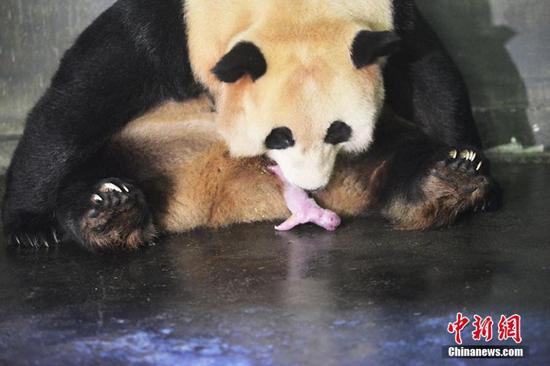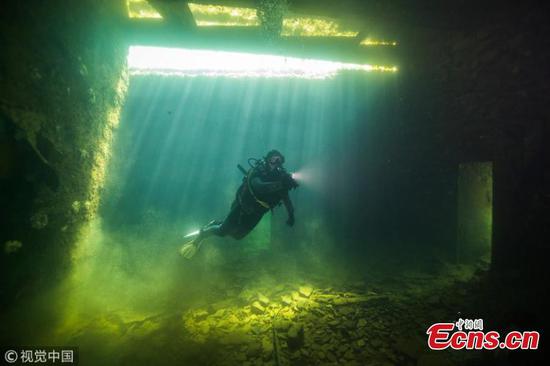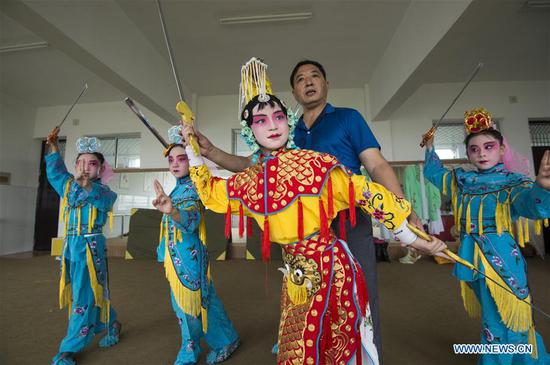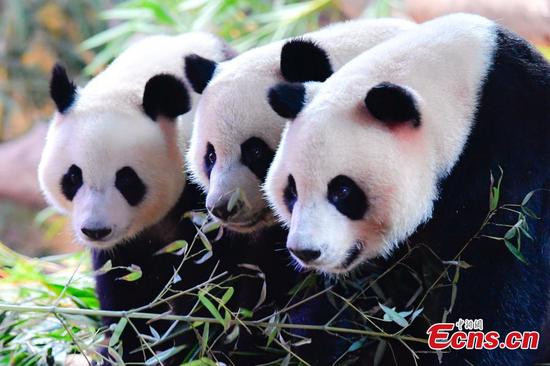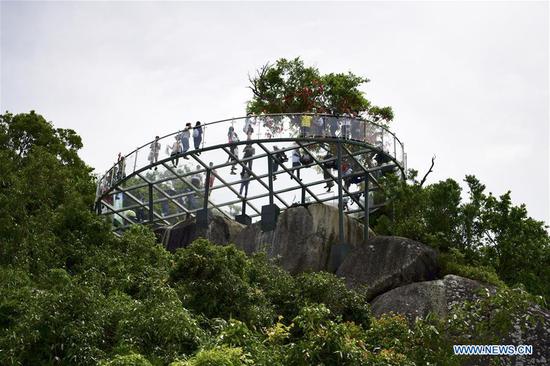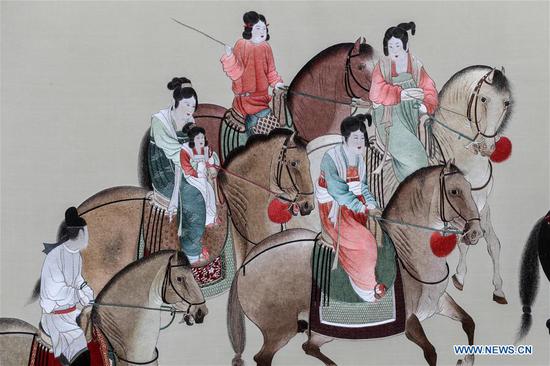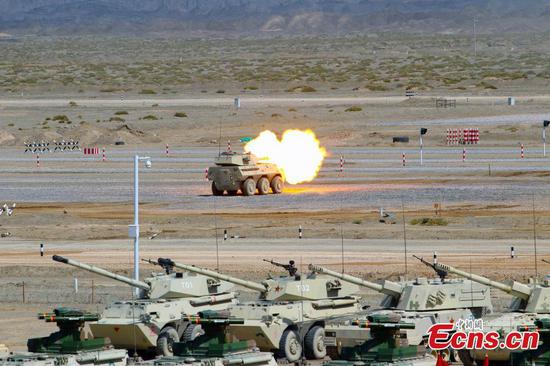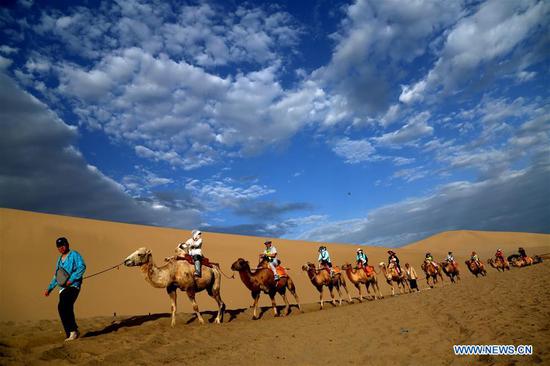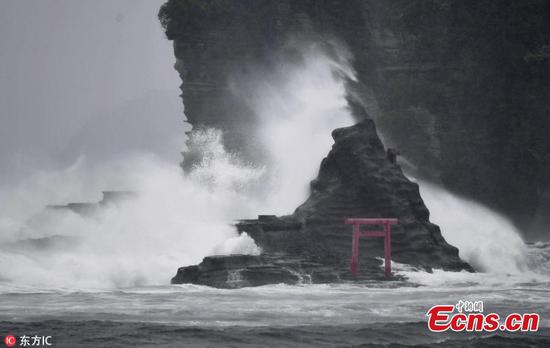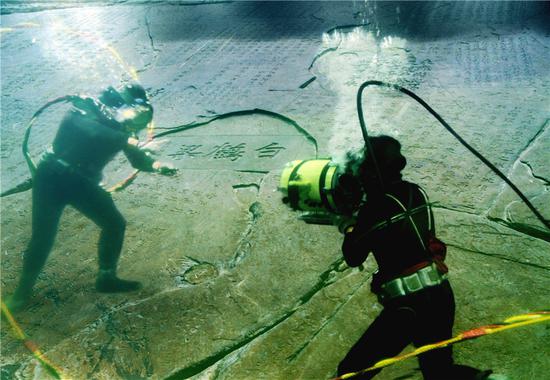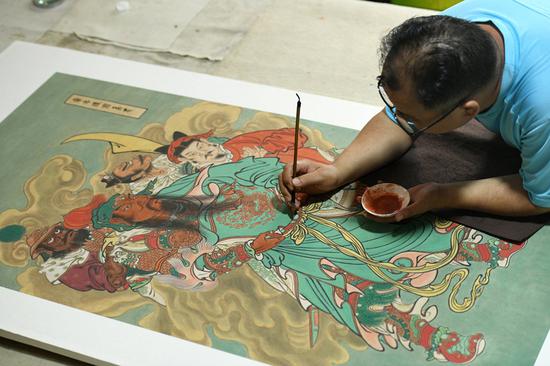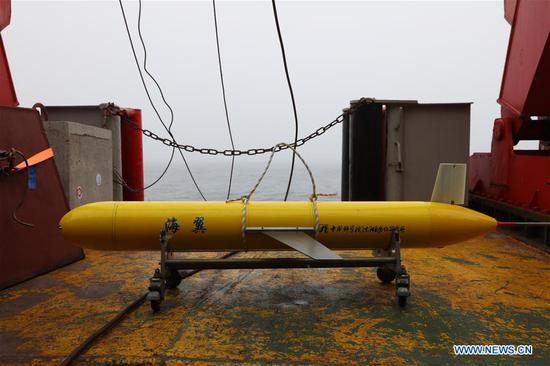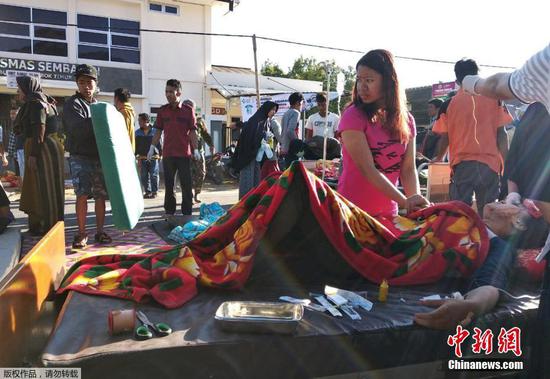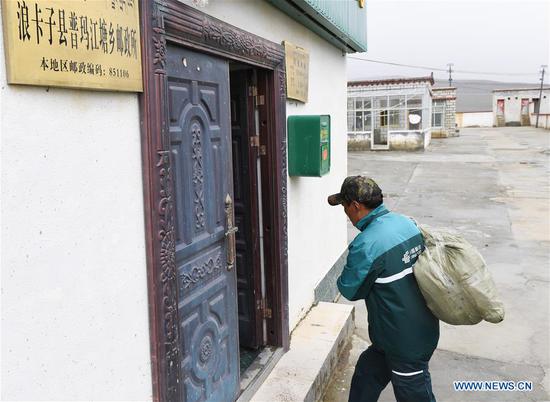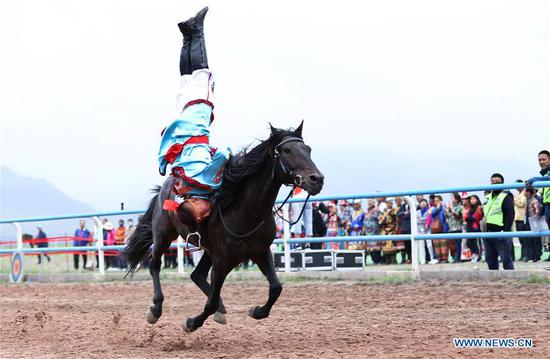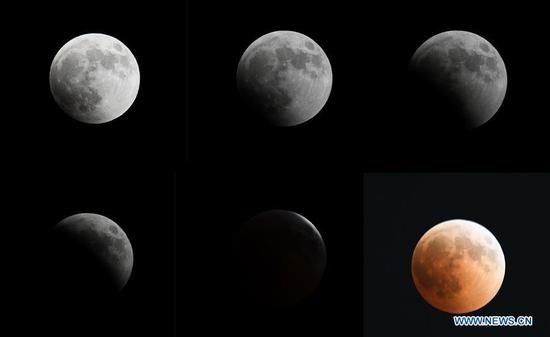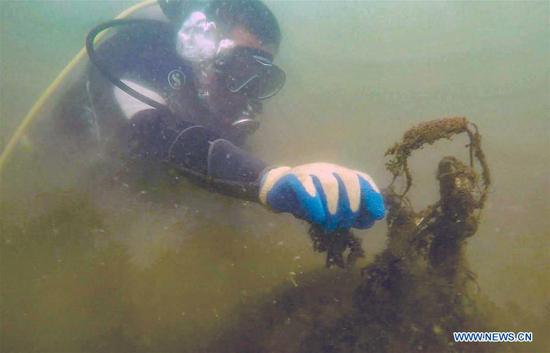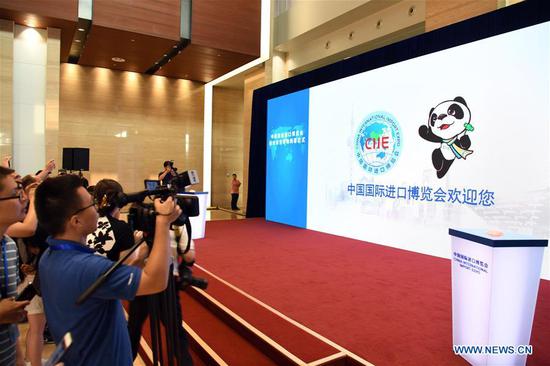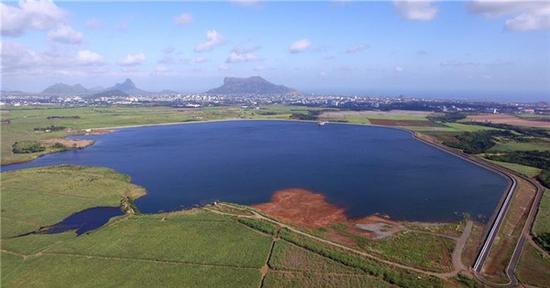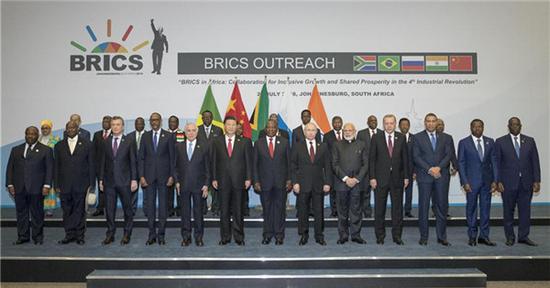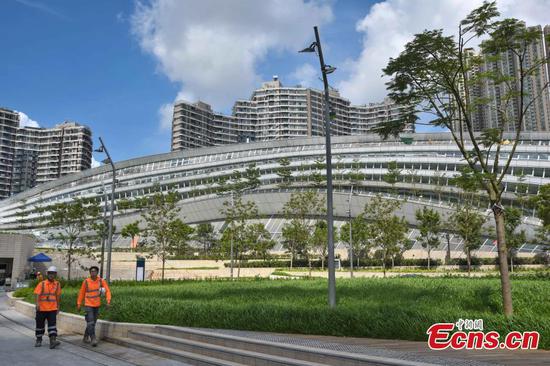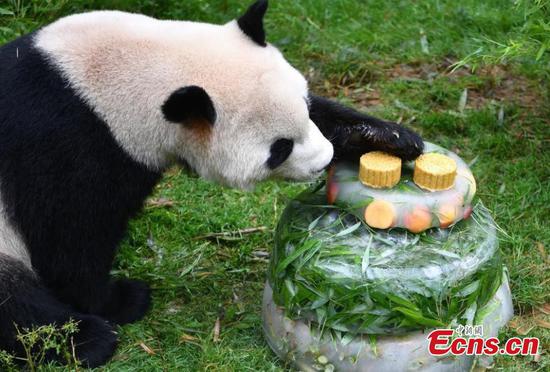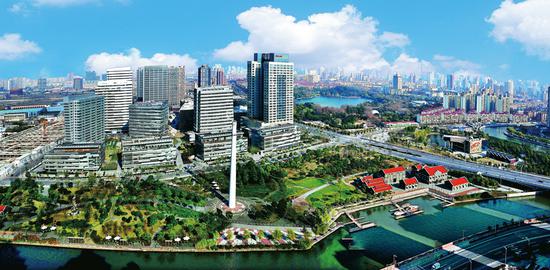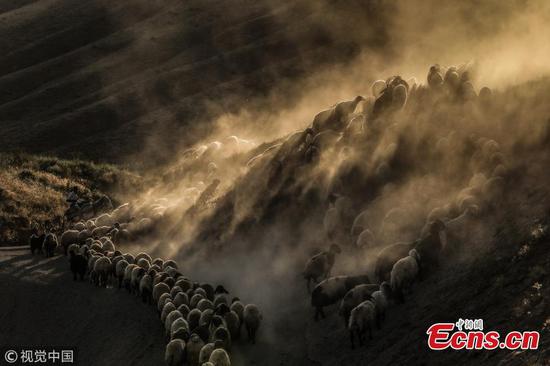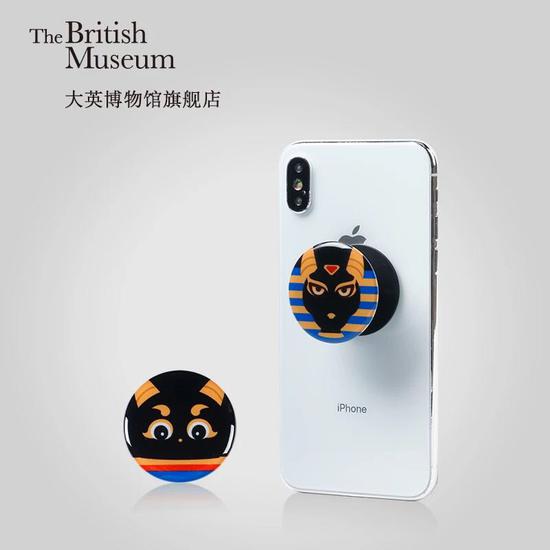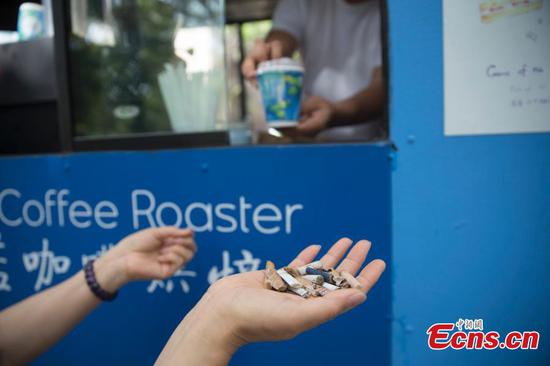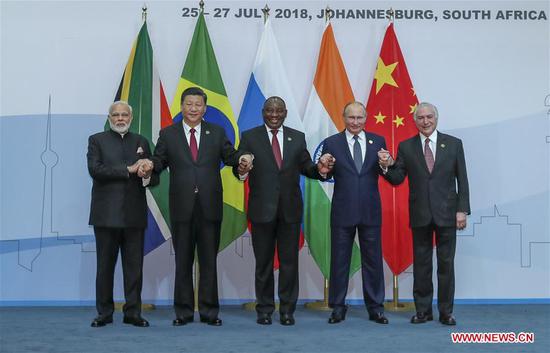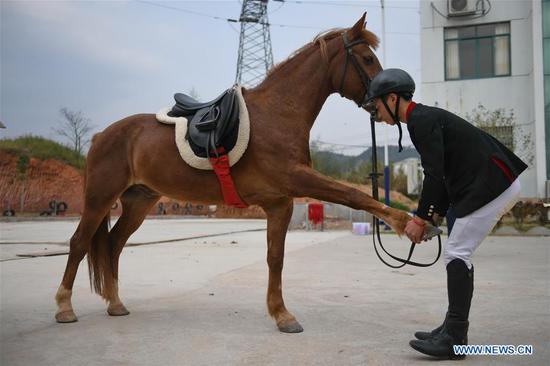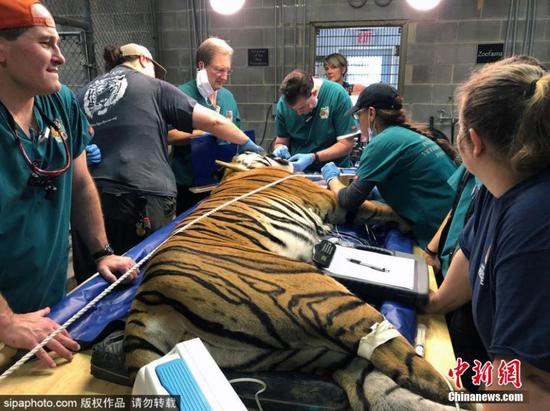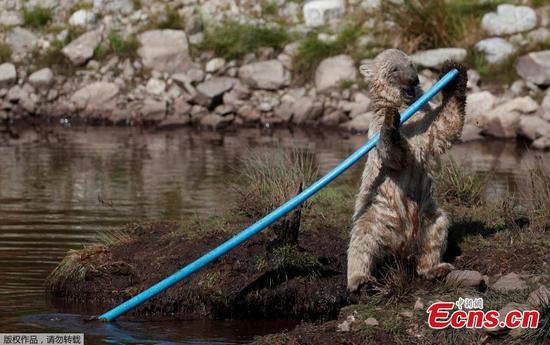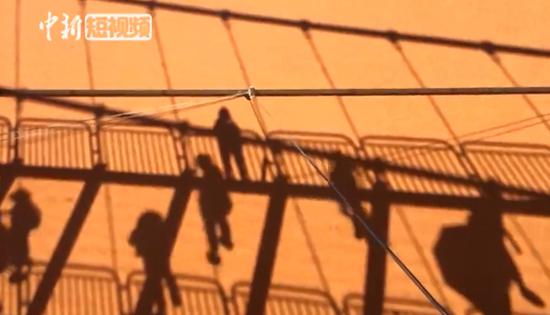Jeremy Hunt, the new British foreign secretary, arrived in Beijing on Monday with a commitment to the "vital partnership" between the UK and China.
The 51-year-old, appointed following the resignation of Boris Johnson in early July, has chosen China as his first major overseas trip.
Hunt and Asia
Hunt has longstanding ties to Asia, and, according to the Guardian newspaper, has a keen interest in the shift of international influence from West to East.
The Conservative politician, first elected in 2005, was labeled a "Chinese son-in-law" by newspaper Global Times on his appointment as foreign secretary, given his marriage to a Lucia Guo, who is from Xi'an, the capital of Shaanxi Province.
The former businessman speaks fluent Japanese, having taught English in the country for two years after studying at Oxford University. His first business venture was also linked to Asia – a doomed attempt to export marmalade from Britain to Japan.
His later business career was more successful, co-founding an educational directory service for which he received 16.8 million British pounds when it was sold last year.
As Britain's longest-serving health secretary, Hunt gained a reputation as a political survivor.
He held on to the notoriously tough job under two prime ministers, and pushed through reforms that saw his approval ratings plummet. He backed making Traditional Chinese Medicine available on the National Health Service, Britain's universal health system, and sparked controversy by suggesting Britons needed to work harder in remarks to a party event in 2015.
"My wife is Chinese, and if we want this to be one of the most successful countries in the world in 20, 30, 40 years' time, there's a pretty difficult question that we have to answer, which is essentially: are we going to be a country that is prepared to work hard in the way that Asian economies are prepared to work hard, in the way that Americans are prepared to work hard?"
Hunt refused a request from Prime Minister Theresa May to move to the business department in January, but after securing over 20 billion British pounds of extra funding for the NHS he left on a high note.
In 2016, he said health secretary would be his "last big job in politics" – but many observers expect him to run for his party's leadership the next time there is a contest.
Surveys of party members by influential website ConservativeHome regularly place Hunt, who supported remaining in the EU but has since said he would now vote to leave, as one of the leading contenders.
China and UK
Hunt's trip to China, which follows a visit by Prime Minister Theresa May visit earlier in 2018, comes as Britain looks to a future outside the European Union.
Hunt has meetings lined up with Premier Li Keqiang and Yang Jiechi, a member of the Political Bureau of the CPC Central Committee, and will co-chair the 9th China-UK Strategic Dialogue with Foreign Minister Wang Yi.
"The UK and China are both major powers with a global perspective," Hunt said before the trip. "As the UK leaves the EU and becomes ever-more outward-looking, we are committed to deepening this vital partnership for the 21st century.”
Trade deals worth in the region of nine billion British pounds were signed when May came to Beijing in February.
The "global perspective" is also expected to be outlined in the context of the US trend towards unilateralism and Washington's use of trade tariffs. Chinese Foreign Ministry spokesman Geng Shuang described China and Britain as "champions of free trade" ahead of Hunt's visit.
"Given the current global situation, it is necessary for the two countries to send out a positive message about jointly safeguarding the rules-based international order, creating an open global economy and objecting to protectionism and unilateralism," the spokesman added.
Hunt said the visit was an “important opportunity to intensify our cooperation on shared challenges in international affairs, ranging from global free trade to non-proliferation and environmental challenges."
By John Goodrich









